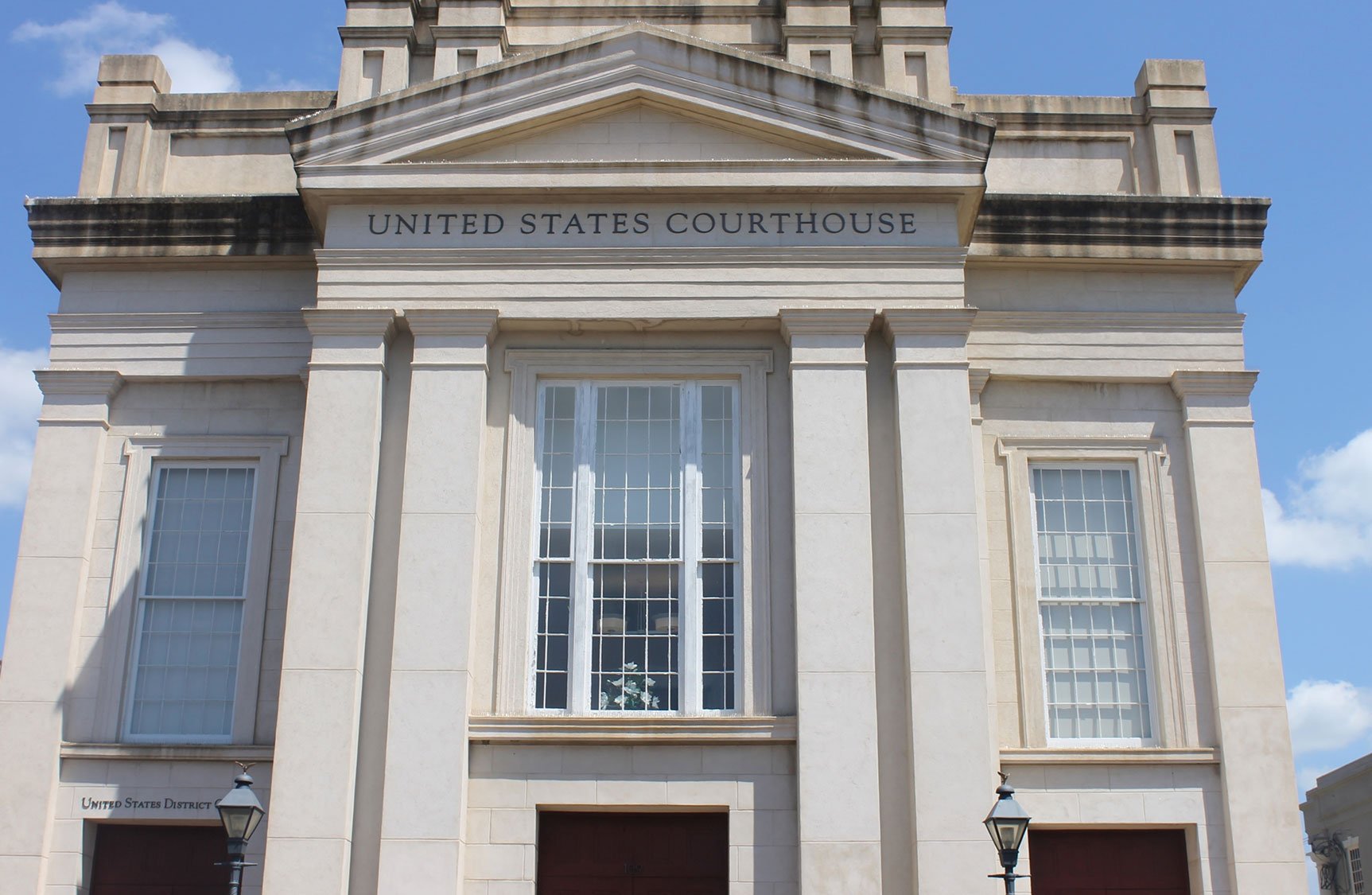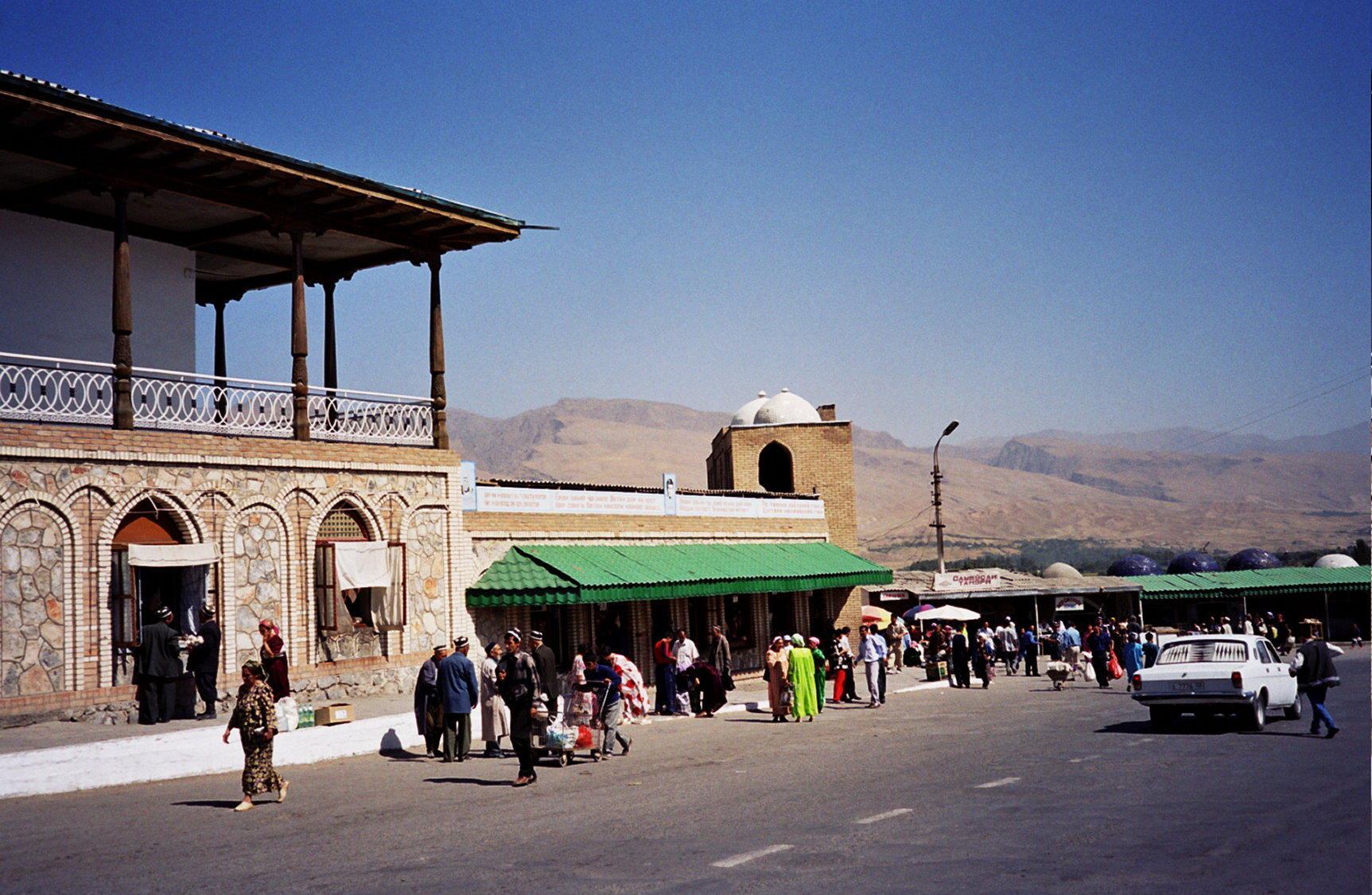ICNL works around the world to encourage cross-border philanthropy and international development cooperation. Although legal constraints are growing, effective measures to protect civil society’s ability to access foreign funding have emerged at the country, regional, and global levels.
Cross-Border Funding
Access to funding is vital to civil society organizations, which are further strengthened by the ability to cooperate and receive support across borders.
Key Resources
Philanthropy Law Reports
This series provides in-depth information and practical guidance concerning the legal framework for philanthropy in nine countries, including China, Ethiopia, and India. Local experts and ICNL staff wrote the reports with the generous support of the Bill & Melinda Gates Foundation.
Global Grantmaking Country Notes
In partnership with the Council on Foundations, ICNL maintains reports on thirty-four countries to help U.S grantmakers undertake equivalency determinations for foreign grantees. The series describes the legal frameworks for civil society organizations and provide translations of relevant legislation.
Counterterrorism & Security
This page presents a collection of curated resources on counterterrorism and security measures that can affect cross-border funding, including the global standards of the Financial Action Task Force.
Legal & Regulatory Issues
Foreign Influence Registration Laws and Civil Society: An analysis and Responses
This report develops a typology of salient features of foreign influence registration laws and then shares key recommendations for substantive arguments against overbroad foreign influence registration laws and potential response strategies.
Aid Barriers and the Rise of Philanthropic Protectionism
This 2015 article by ICNL president Douglas Rutzen explores common constraints on foreign aid under international law, along with the justifications and broader political contexts underlying those restrictions.
Defending Civil Society Report, Second Edition
This 2012 report from ICNL and the World Movement for Democracy looks at examples of legal barriers used to constrain civic space and articulates international legal principles to overcome them. Chapter VI addresses barriers to funding resources.
Globalization Without a Safety Net: The Challenge of Protecting Cross-Border Funding of NGOs
This 2018 article by Lloyd H. Mayer examines restrictions on cross-border funding for civil society organizations and explores the possibility of using international investment treaties to protect such funding.
Analysis of India's Foreign Contributions Regulation Act
In this 2016 report, the United Nations special rapporteur on the rights to freedom of peaceful assembly and of association argues that restrictions on foreign funding in India’s Foreign Contributions Regulation Act contradict international law.
Comparative Law Analysis of the Right to and Restrictions on Foreign Funding of Non-Governmental Organizations
This 2015 paper by the American Bar Association’s Center for Human Rights explores the legal framework for cross-border funding as a protected right at the international, regional, and national levels.
The Right to Funding
ASSOCIATIONS ACCESS TO FINANCIAL RESOURCES
In this 2013 report, the United Nations special rapporteur on the rights to freedom of peaceful assembly and of association discusses international laws guaranteeing civil society organizations’ access to funding and common justifications used by governments for restricting that access.
General Principles on Civil Society's Right to Funding
These general principles on civil society’s right to access international funding were issued in 2014 by the United Nations special rapporteur on the rights to freedom of peaceful assembly and of association and the Community of Democracies.


